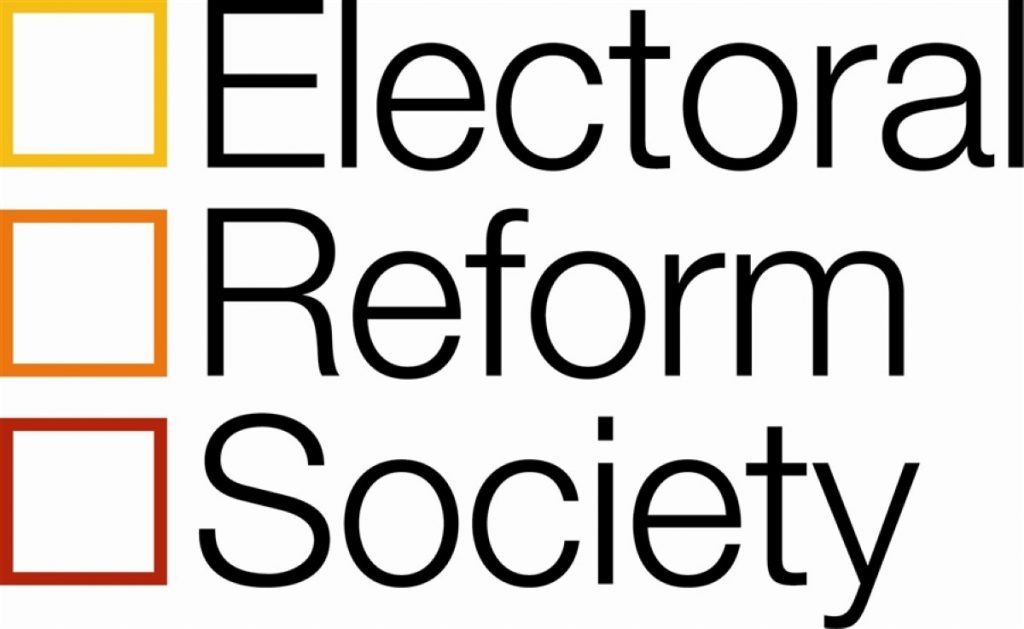Electoral Reform Society: Westminster wakes up to the Missing Millions: Voter Registration
The Electoral Reform Society has welcomed publication of the Political and Constitutional Reform Committee’s report into Individual Electoral Registration (IER).
The Society, which gave evidence to the Committee in September, has predicted “catastrophic” results if legislation proceeds as planned. The Committee has backed the Society’s key recommendations.
Earlier this month the Society organised a cross-party roundtable which included local and national official’s working on registration, and key organisations representing groups facing exclusion from the register. The consensus is clear – these proposals must change.
Katie Ghose, Chief Executive of the Electoral Reform Society said:
“This report is welcome reading for anyone interested in our democracy. Westminster was sleepwalking towards a catastrophic drop in voter registration. We’re pleased politicians have finally woken up to the problem. These missing millions are avoidable, and the government must now take heed.”
“The Committee is right to support maintaining the annual canvass and the threat of penalty. The government’s proposals mean councils would have no carrot, no stick and no opportunity to target hard to reach citizens. If we want a complete and accurate register, then officials need the tools to get the job done.
“The government was making it possible for citizens to ‘opt out’ from democracy. Being on the register is not just about rights, it’s about responsibilities. It determines how public services are delivered, underpins the right to trial by jury of your peers, and sets how political boundaries are drawn.
“If the government listens we have the chance to make voter registration work.”
As one roundtable attendee Michael Summerville, Electoral Registration Officer for London Borough of Hackney said:
"We have spent years building up the register. We're concerned that all that work will be undone. We could be looking at a 20-30,000 drop from a register of 165,000."
"I don't see how we'll have the time to prepare for IER on the back of the 2014 Elections. We're already losing resources."
Missing Millions: Roundtable on Individual Electoral Registration was held on Tuesday 18th October in the Houses of Parliament. A full report is available for download here…
http://www.electoral-reform.org.uk/images/dynamicImages/file/Roundtable%20Media%20BriefingFINAL.pdf
Key Points on IER:
The report is a response to The Individual Electoral Registration White Paper, published on 30th June, detailing the process for replacing traditional household with individual electoral registration from 2014.
The government proposes providing an ‘opt-out’ from registration, and a removal of the threat of legal penalty for those failing to register. It is also planning to drop the full household Annual Canvass in 2014.
Currently there are an estimated 3.5 million unregistered voters in England & Wales – 10% of eligible citizens
As many as 10 million voters could fall off the register under the government’s plans to introduce Individual Electoral Registration – a decline to 35- 40% of eligible citizens according to Electoral Commission estimates.
This is likely to have a disproportionate impact on already under registered groups – Young people, people in social or rented accommodation and certain black and ethnic minority communities could easily fall through the net.
The current proposals will have a number of unintended consequences.
The electoral register is used for drawing boundaries and assisting Local Authorities with the planning and provision of public services.
It forms the basis for drawing constituency boundaries and for selecting people for jury service.
Political parties use it for campaigning. And it assists local authorities with the planning and provision of public services and social welfare.
By depleting the register the UK Government risks further excluding people who are already excluded.
The Next boundary review will be based on imprint of electoral register in December 2015. A severely depleted register will lead to even more radical in the 2016-7 boundary review.
The Electoral Reform Society’s top recommendations
The UK Government should:
Drop the proposal for individuals to ‘opt out’ from being asked to register within a specific period, and maintain the threat of legal penalty to individuals who fail to register;
Maintain the full household Annual Canvass in 2014;
Publish a plan on how the projected drop in the number of registered individuals, particularly in socially excluded groups, will be prevented.
Contacts:
Please contact the press office on 020 7202 8601 or Ashley Dé on 07968791684 or Sophie Langridge 07757743354





-01.png)